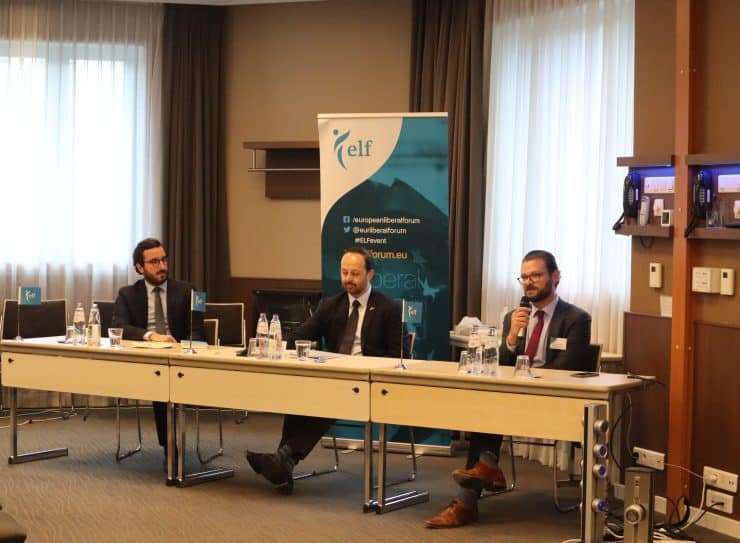10 October 2022
Designing Global Europe: ELF Working Groups on EU Enlargement and Transatlantic Trade
As the EU seeks a stronger geopolitical role and holds a course on strategic autonomy, ELF aims to suggest practice-oriented liberal approaches to these long-term objectives. With this goal in mind, during the autumn General Assembly we held two expert Working Groups (WG) dedicated to the topics of major relevance: future EU Enlargement as well as Trade and Transatlantic Governance.
